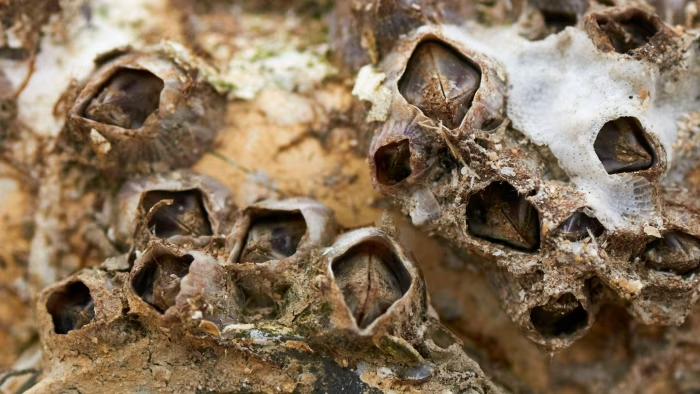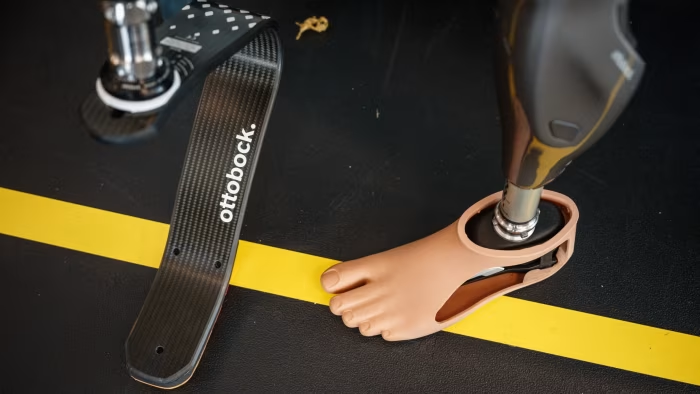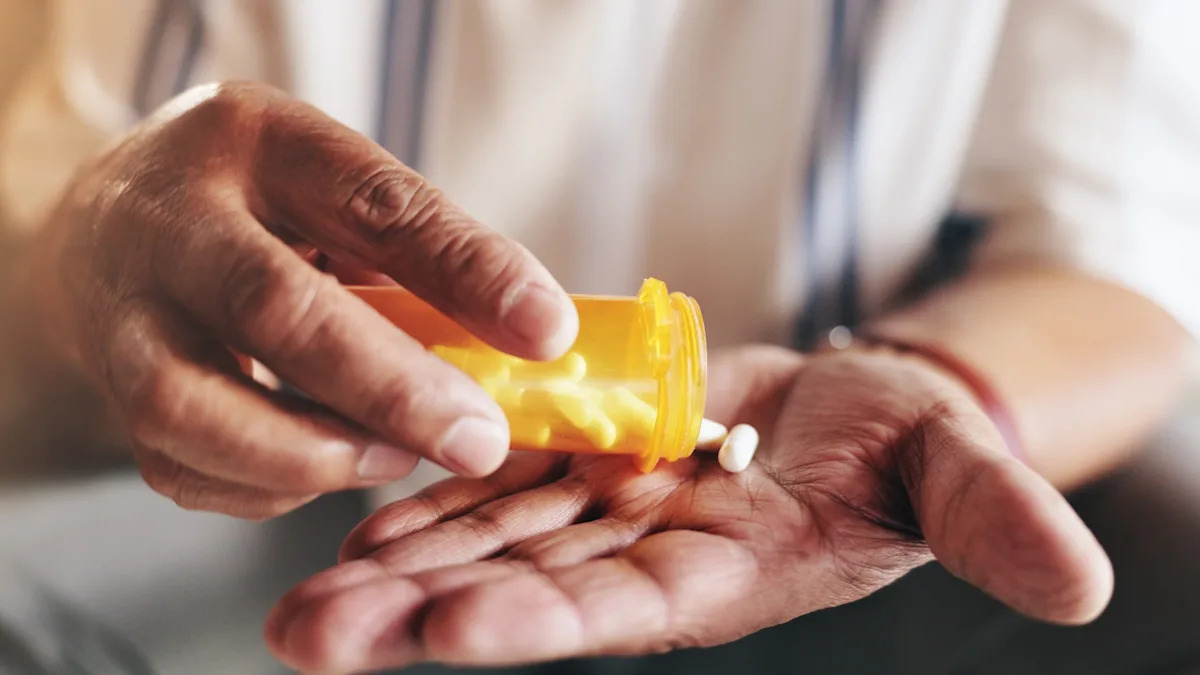Unlock the Editor’s Digest for free
Roula Khalaf, Editor of the FT, selects her favourite stories in this weekly newsletter.
EU ships could face having to travel more slowly and use more fuel than their Asian competitors because of Brussels’ failure to authorise an innovative paint for ship hulls that prevents barnacles becoming stuck by making them hyperactive.
Medetomidine has long been allowed for human and veterinary use as a sedative, but scientists in Sweden discovered it has the opposite effect on barnacles, which become temporarily excited when they come into contact with the substance and so cannot settle on a surface.
While each barnacle is small, a build-up of the crustaceans can vastly increase a ship’s drag in the water, increasing fuel consumption and carbon emissions.
I-tech, the start-up that patented the medetomidine biocide with 40mn krone ($4.3mn) of support from the Swedish government, estimates that if 10 per cent of a hull is covered with barnacles, fuel consumption increases by 40 per cent if the same speed is maintained.
Anti-fouling paints are also an important means of stopping invasive species travelling between continents. But although the EU itself has also funded I-tech, it has not approved its paint for use 16 years after the company first applied.
Magnus Jönsson, chief executive of I-tech, said the paint was “a non-lethal way of stopping the barnacles settling on the surface”.
I-tech applied for authorisation to the European Commission in 2009 for consideration under its biocidal products regulation. While medetomidine itself has received temporary approval, long bureaucratic processes and checks on the safety of the substance have meant it has not been approved for use in any biocide products.
The European Chemicals Agency last year recommended that the temporary approval of medetomidine be ended because it is “persistent, toxic, and identified as an endocrine disrupter”. Its opinion was largely based on a Norwegian study, which I-tech argues is flawed.
Member states are due to vote on its ongoing authorisation in the coming months, allowing the commission to take a decision early next year.
Despite the lack of approval for its products, I-tech has received €670,000 of funding from the EU and €1.3mn in conditional loans from the Swedish Energy Agency to scale up.
More than 90 per cent of its sales are made outside Europe. It has gained market share of about 50 per cent in Japan and South Korea, as well as a foothold in China, where it competes with traditional antifouling paints.
“Anti-fouling remains a serious challenge for international shipping . . . We need more antifouling options available on the European market and we should really welcome new products like this,” said a Norwegian shipping representative, who asked not to be named.
The commissions said it would “consider all elements and information, including from stakeholders, when making its decision” on the substance’s authorisation.
Two major reports on the EU’s waning economic competitiveness issued last year pointed to a failure to scale up domestic start-ups. The European Commission has vowed to improve the regulatory framework for start-ups and small businesses, and to simplify legislation for industry.
I-tech argues its product could help European ships cut emissions in line with the bloc’s ambitious climate goals. It says covering a ship’s hull with its antifouling paint can reduce carbon emissions by 15 per cent.
Didier Leroy, technical and regulatory affairs director at CEPE, the industry body for paint, printing ink and artists’ colours, said the EU had “such severe chemical legislation that they discourage investment and innovation”.
“If there is no more sufficiently efficient antifouling paint on the EU market then ships will not dry-dock any more for repair and maintenance and this will be done outside the EU,” he said, adding that this would harm other parts of the EU economy.








